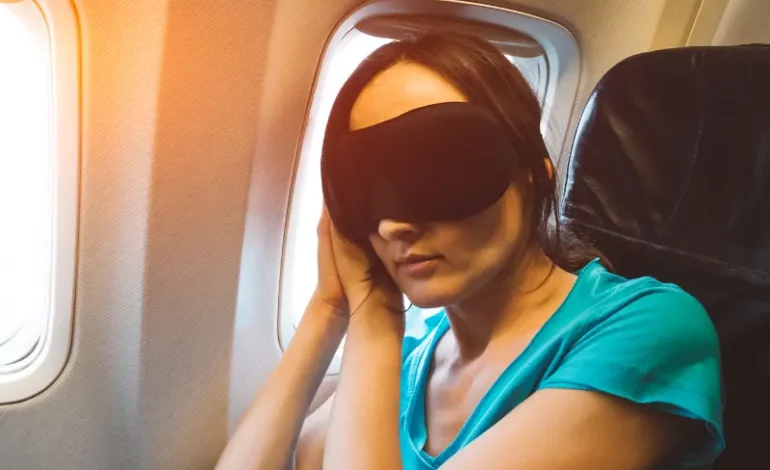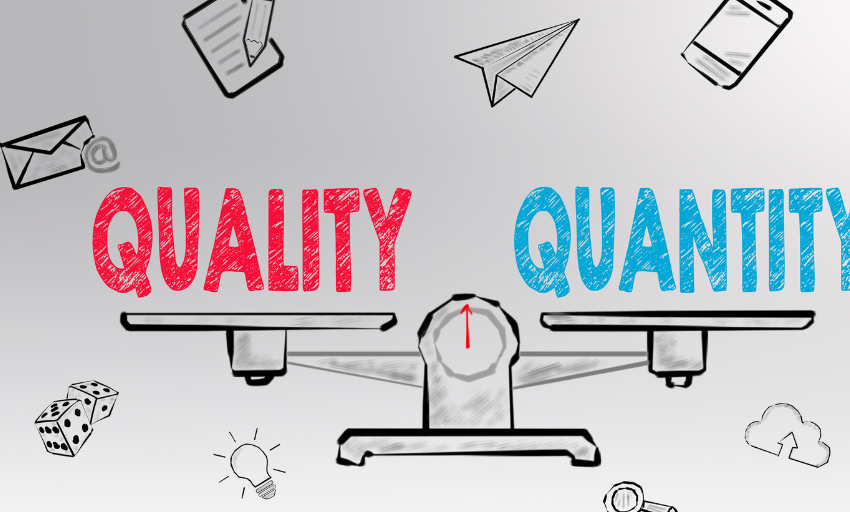How to Beat Jet Lag and Get Restful Sleep Abroad

Jet lag is the unwelcome companion of travelers, sneaking in after long flights and stealing precious moments from your adventures. You arrive at your destination, excited to explore, but instead find yourself battling fatigue and disorientation. What if you could dodge that groggy feeling? Imagine stepping off the plane energized and ready to dive into new experiences without missing a beat.
Understanding jet lag can be the key to unlocking restful nights while abroad. With a little preparation and some smart strategies during your flight, you can outsmart this travel nemesis. So let’s dig into how to conquer jet lag for good, ensuring that every trip feels revitalizing rather than exhausting!
Understanding the science behind jet lag
Jet lag occurs when your internal body clock, or circadian rhythm, is out of sync with the local time zone. This happens after crossing multiple time zones quickly, leading to a mismatch between your biological processes and the new environment.
The body produces hormones like melatonin that regulate sleep-wake cycles. When you travel, especially eastward, this natural rhythm can take days to adjust. Symptoms often include fatigue, irritability, and difficulty concentrating—hardly ideal for diving into unfamiliar cultures.
Light exposure plays a crucial role in resetting your internal clock. Bright light during the day signals wakefulness while darkness cues rest. Understanding how these elements interact can empower you to tackle jet lag head-on.
By grasping the science behind it all, you set yourself up for success on your next journey. Recognizing what’s happening inside helps tailor strategies that work best for you while traveling across time zones.
Tips for preparing before your trip to minimize jet lag
Adjusting your sleep schedule before a trip can work wonders. Gradually shift your bedtime closer to the destination’s time zone. This helps your body start adapting even before you arrive.
Hydration plays a critical role in combating jet lag. Drink plenty of water leading up to your flight, and avoid alcohol and caffeine as they can disrupt sleep patterns. Staying hydrated keeps you alert and reduces fatigue.
Consider adding melatonin or other natural supplements into your pre-travel routine. Melatonin can help regulate your sleep-wake cycle, easing the transition when you reach your new destination. Always consult with a healthcare professional before trying something new.
Don’t forget about nutrition! Eating balanced meals rich in vitamins will not only support overall well-being but also prepare you for travel stressors that may affect sleep quality later on.
A. Adjust your sleep schedule beforehand
To tackle jet lag effectively, start adjusting your sleep schedule a few days before departure. Gradually shift your bedtime and wake-up time closer to the destination’s time zone.
If you’re heading east, aim for an earlier sleep time. For westward travel, stay up a bit longer. This gradual change helps your body acclimate more smoothly.
Use natural light to your advantage. Expose yourself to sunlight in the morning if you need to wake up early or seek shade later in the day when trying to stay awake.
Consider using blackout curtains at home while making these changes. Darkness signals it’s time for bed, helping reinforce the new schedule.
Record how you feel each day during this adjustment period. It will provide insight into what works best for your body and make it easier when transitioning after arrival abroad.
B. Stay hydrated and avoid alcohol and caffeine
Staying hydrated is crucial when traveling across time zones. Airplane cabins are notoriously dry, which can exacerbate feelings of fatigue and discomfort.
Drinking plenty of water before and during your flight helps combat dehydration. It keeps your body functioning optimally, ensuring that you feel more alert upon arrival.
On the flip side, alcohol and caffeine might seem tempting as a way to relax or perk up. However, both substances can disrupt your sleep patterns and dehydrate you further.
Alcohol may initially make you drowsy but often leads to restless sleep later on. Caffeine can keep you wired at times when your body craves rest.
Instead, opt for herbal teas or simply stick with water to enhance comfort while flying. Your body will thank you once you’re ready to explore a new destination refreshed and energized.
C. Consider taking melatonin or other supplements
Melatonin is a hormone that regulates sleep-wake cycles. Many travelers find it effective in combating jet lag. This natural supplement can help your body adjust to new time zones more quickly.
Taking melatonin an hour before you plan to sleep may ease the transition. It’s generally safe for short-term use, but consulting with a healthcare professional is wise, especially if you’re on other medications.
Other supplements like magnesium and valerian root have also gained popularity among frequent flyers. They promote relaxation and improve overall sleep quality, making them worth considering for your travel kit.
Remember that everyone’s body reacts differently to these aids. Experimenting before your trip can help identify what works best for you without leaving it all to chance when you’re abroad.
During your flight: Strategies for getting restful sleep
Choosing the right seat on the plane can significantly impact your comfort. Ideally, opt for a window seat. It allows you to lean against the wall and gives you control over when to open or close the window shade.
Creating a cozy sleep environment is key. Bring along a travel pillow and a soft blanket or shawl. Noise-canceling headphones or earplugs can help block out engine sounds and chatter from fellow passengers.
Don’t forget an eye mask; it’s essential in dimming cabin lights that might disrupt your rest. Adjusting your position frequently helps avoid stiffness as well.
If possible, set your watch to the destination’s time zone as soon as you board. This simple act helps mentally prepare you for sleep later on during your journey.
A. Choosing the right seat on the plane
Choosing the right seat on a plane can significantly impact your sleep quality. If possible, aim for a window seat. This allows you to lean against the wall and control light exposure while avoiding disturbances from fellow passengers.
Consider sitting towards the front of the cabin. It tends to be quieter than the back, where engine noise can disrupt your rest. Plus, boarding and deplaning are usually smoother in this area.
Avoid seats near high-traffic zones like bathrooms or galley areas. The constant movement and chatter can make it harder to relax.
Check if your airline offers extra legroom options for an added sense of space. A little more room can enhance comfort during lengthy flights, making it easier to drift off into restful sleep amidst all that altitude pressure.
B. Creating a comfortable sleep environment
Creating a comfortable sleep environment is crucial for beating jet lag. The airplane cabin can be noisy, cramped, and full of distractions. To enhance your chances of getting quality rest, invest in some travel essentials.
Start with a good neck pillow. This will support your head and help prevent stiffness when you arrive at your destination. An eye mask can also work wonders by blocking out harsh overhead lights or the glow from screens around you.
Don’t forget about earplugs or noise-canceling headphones. These tools minimize ambient noise that can disrupt your slumber. If you prefer listening to calming sounds, download soothing playlists ahead of time to set the mood for sleep.
Dress comfortably in loose-fitting clothes made from breathable fabrics to help regulate body temperature during the flight. A lightweight blanket or shawl can offer warmth without taking up too much space in your carry-on bag.
Consider using aromatherapy during your journey. Essential oils such as lavender are known for their relaxing properties and may help signal to your brain that it’s time to wind down.
With these strategies in place, you’ll increase your chances of arriving refreshed instead of fatigued—a vital step toward enjoying every moment abroad.









